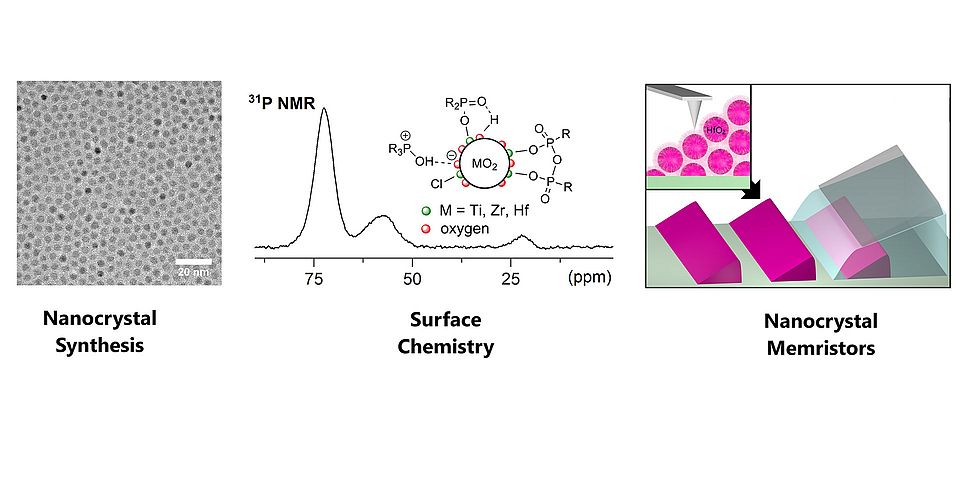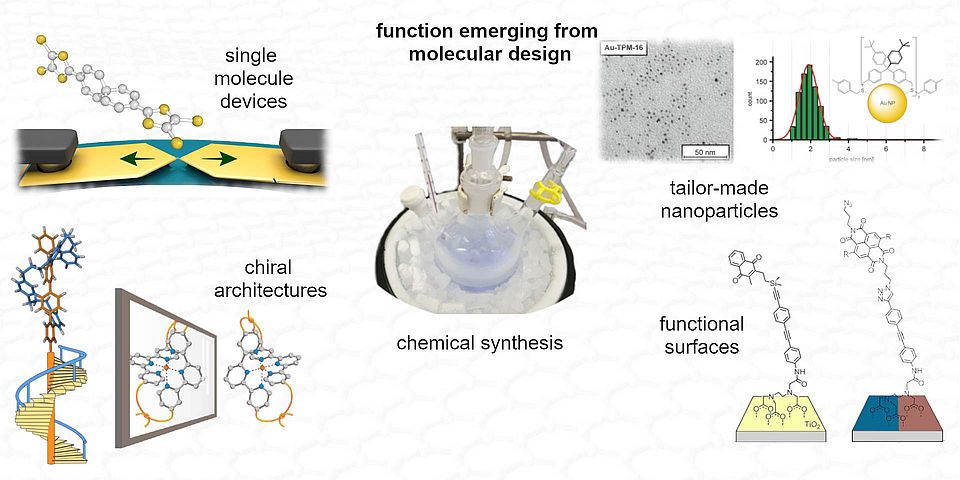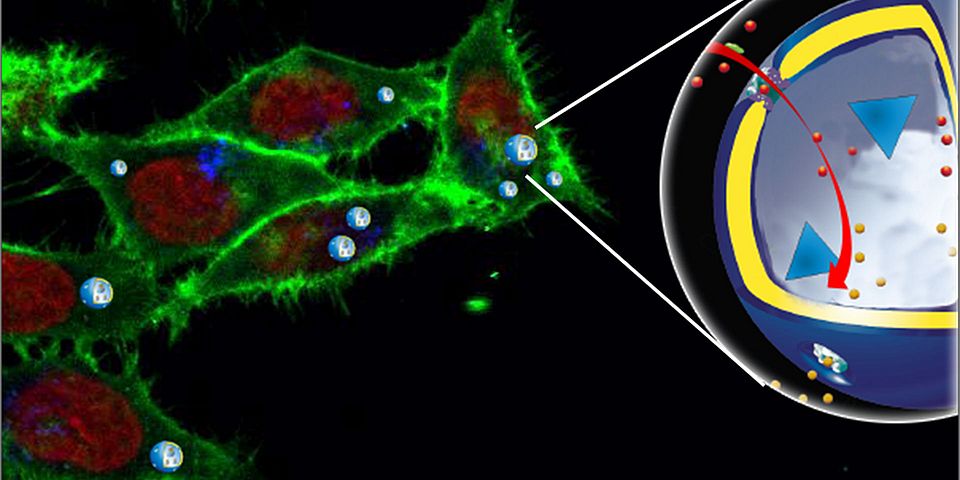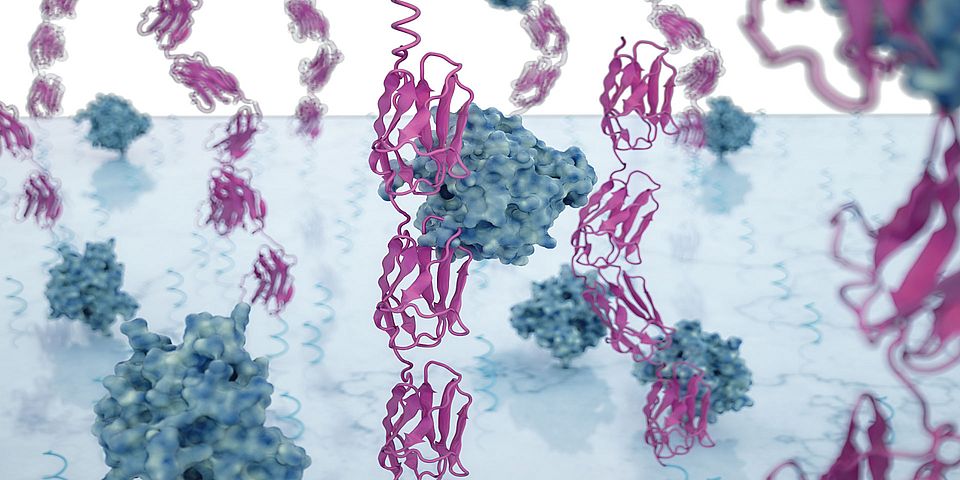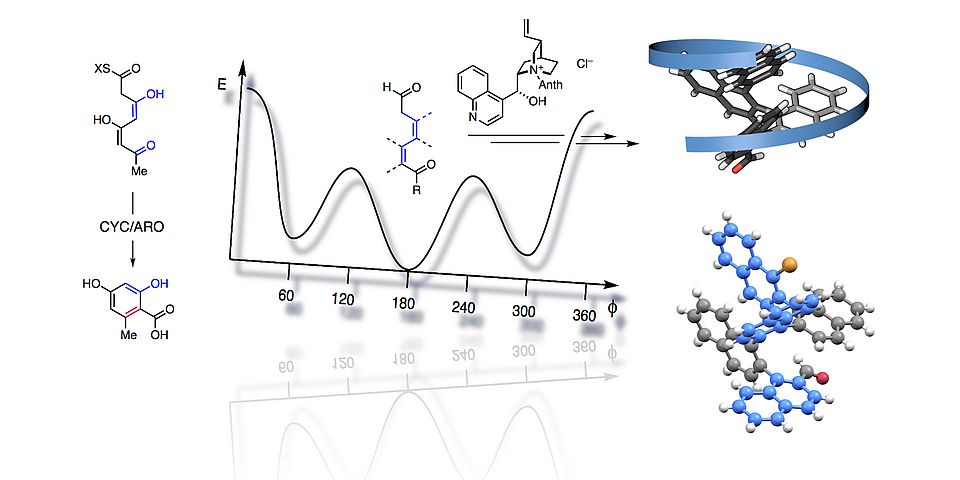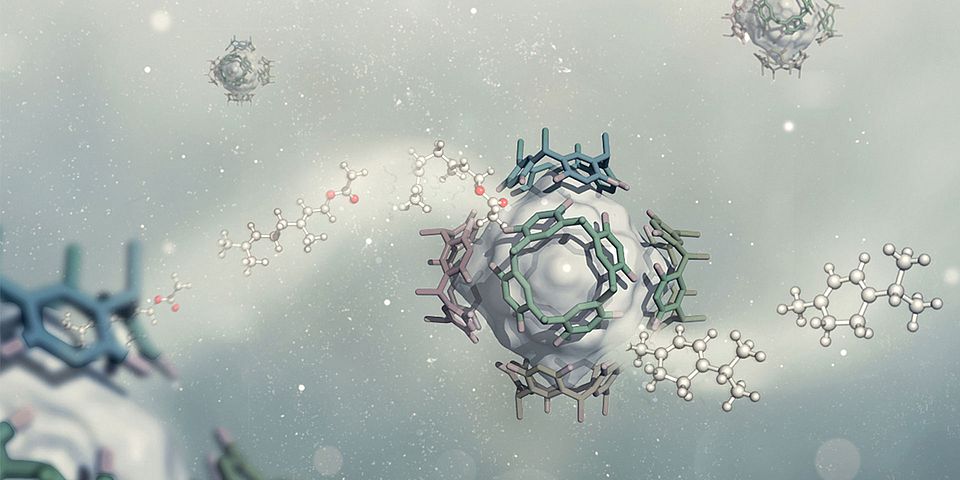Nanomaterials represent a large variety of materials that are built either as discrete nano-objects (with sizes ranging from few up to hundreds of nanometers) or as nanostructured materials, which have internal or surface structure in the nanometer range. Research at the nanoscale has unique advantages including a fine control of the chemical reactions inside tiny reaction spaces or at surfaces, a deep insight into the self-assembled supramolecular structures of synthetic molecules and an evaluation of the interactions between different types of nanomaterials or between them and biological entities (proteins, enzymes, DNA or cells). Several groups of our Department are involved in the design and development of new nanomaterials with emerging properties and functionality making them highly applicable, for example in catalysis, electronics, food science, technology, medicine and environmental sciences.
Research Groups - Nanomaterials
Quick Links

